When a country faces a large sudden expense with strains on economy and financial sector, the government massively borrows. Debt markets can't absorb new debt, so the central bank steps in. Is debt being monetized and will inflation soon follow?
[1/12]
- buy bond from Treasury
- sell it to CB
- get an IOU from CB as digital entry in deposit account at the CB.
[2/12]
[3/12]
bit.ly/3cqnyYs
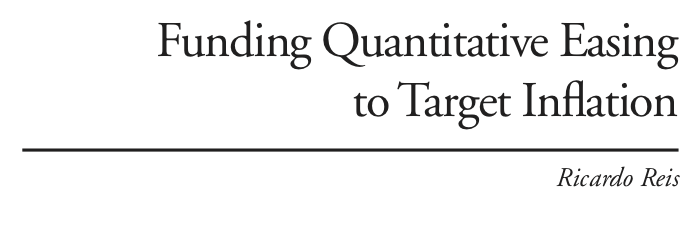
[4/12]
bit.ly/3akMIq7
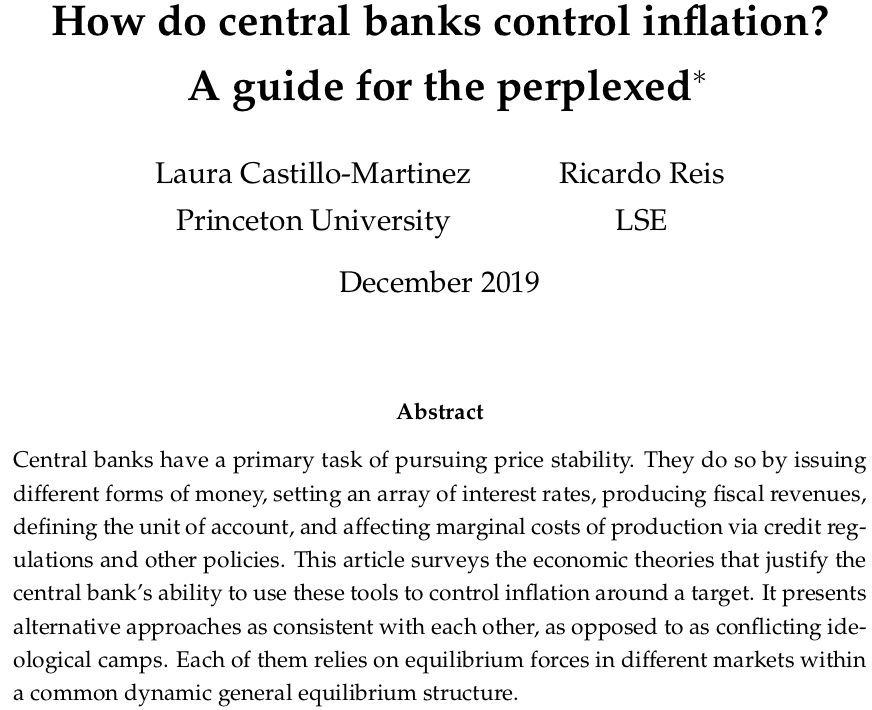
[5/12]
bit.ly/2RKRMh6
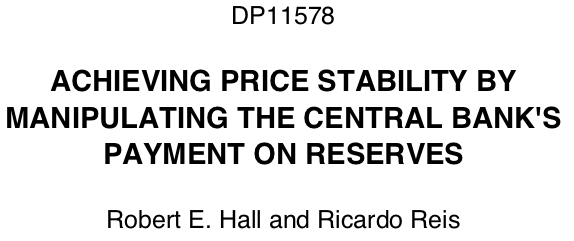
[6/12]
bit.ly/3bljR6n
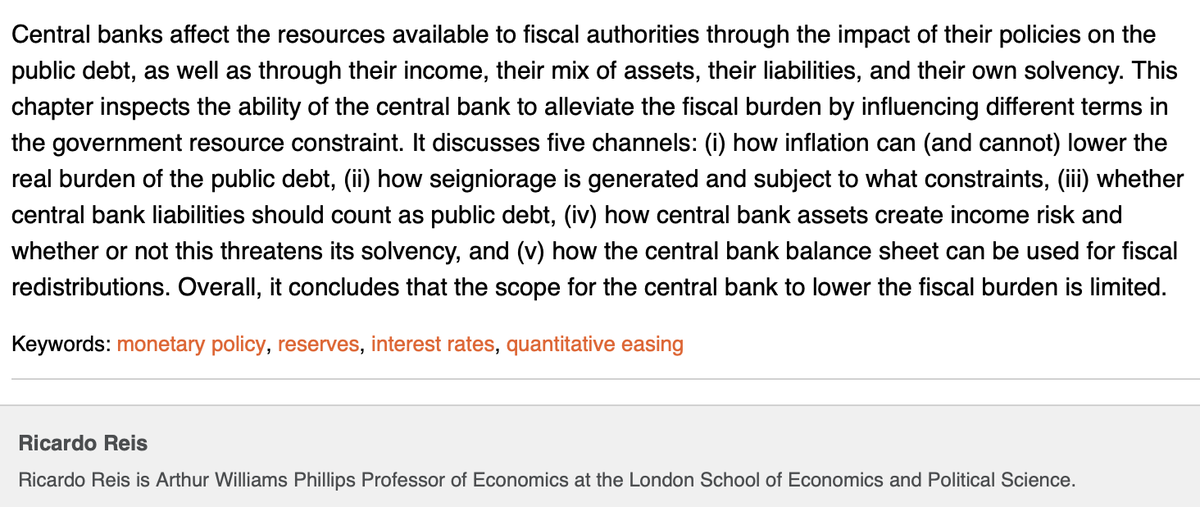
[7/12]
bit.ly/2yo48Vy
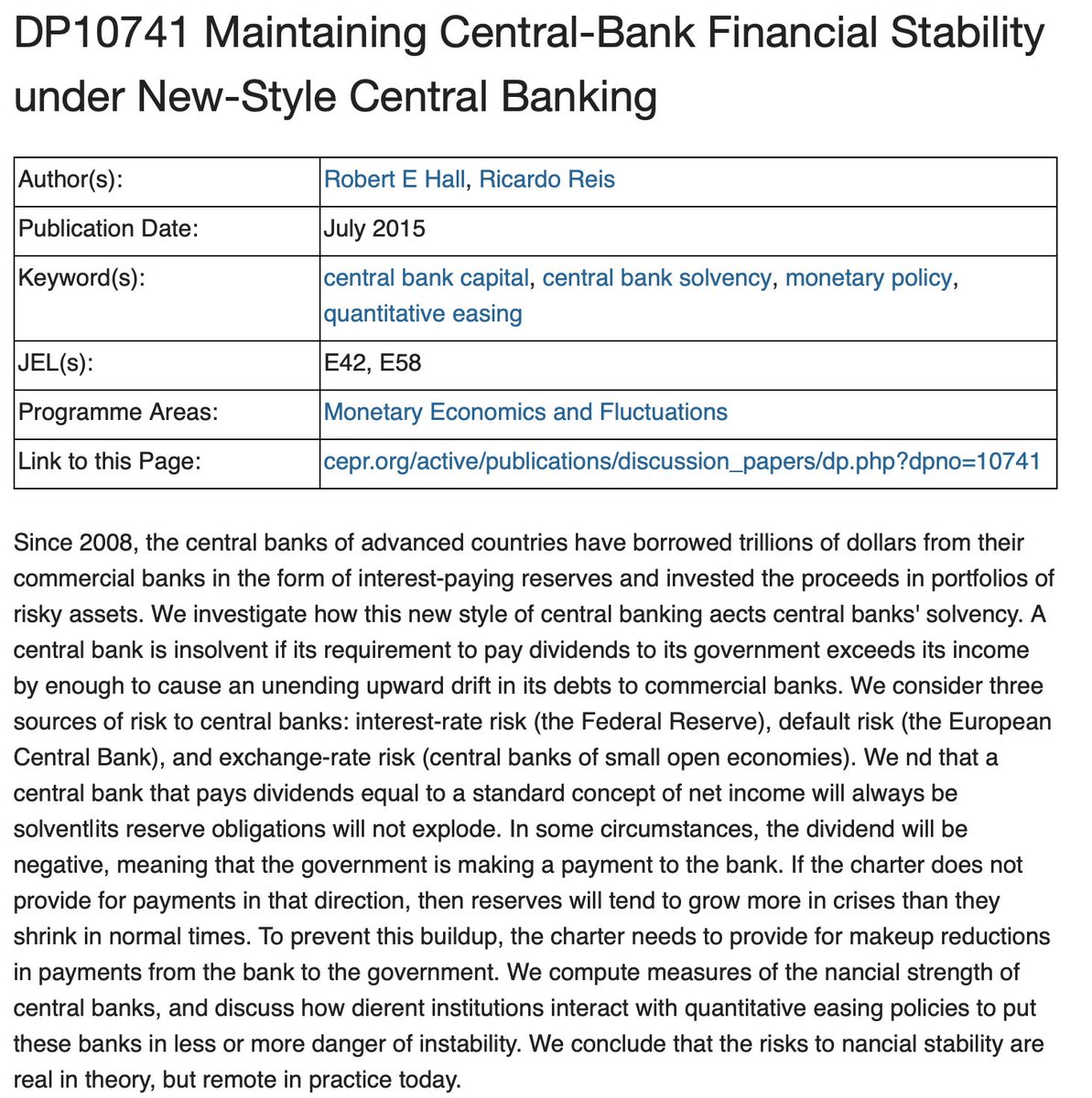
The CB has a ceiling on LT interest rates to make paying the debt outstanding cheaper. This was the case in US in second half of 1940s. We will have inflation and/or deflation, no longer an inflation target or anchoring
[8/12]
bit.ly/2XKL2DB
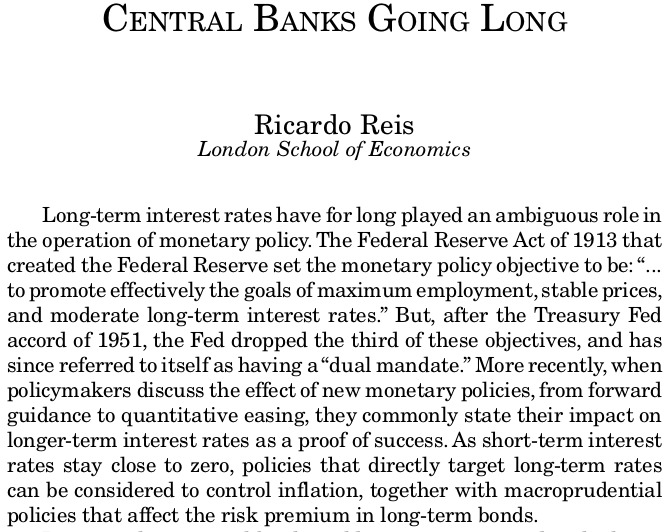
Treasury does not pay back bonds the CB owns. CB makes loss, bank deposits exceed its assets. CB is insolvent in economic sense. Banks ask to exchange deposits for currency, CB prints currency, we get inflation.
[9/12]
bit.ly/3bk23Zj
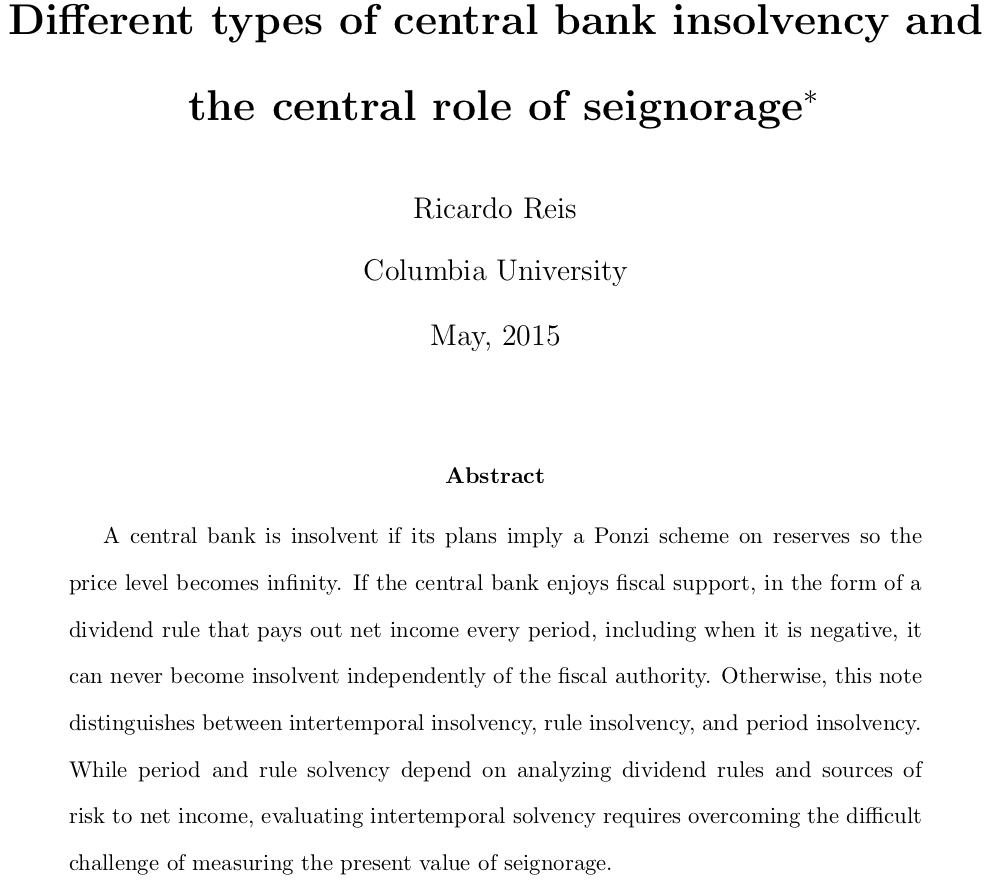
Banks are insulated from default, because bonds default but deposits at the central bank do not. QE then determines size of default, its composition, and its implication for financial stability.
[10/12]
bit.ly/2KbYPv3
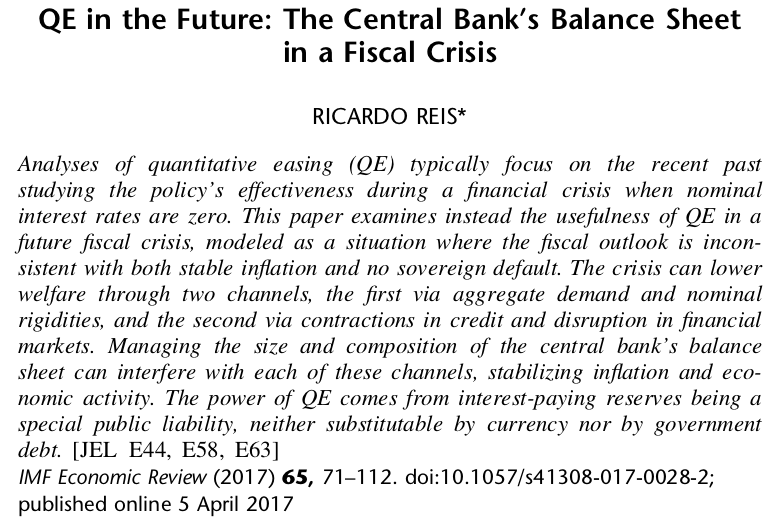
Bondholders see it, are unwilling to hold LT debt. CB forces them to via regulatory power (repression). Bankers lobby for interest-rate ceiling on checking accounts. Losses passed on to poor depositors (US 1970s)
[11/12]
bit.ly/3cqtKjd
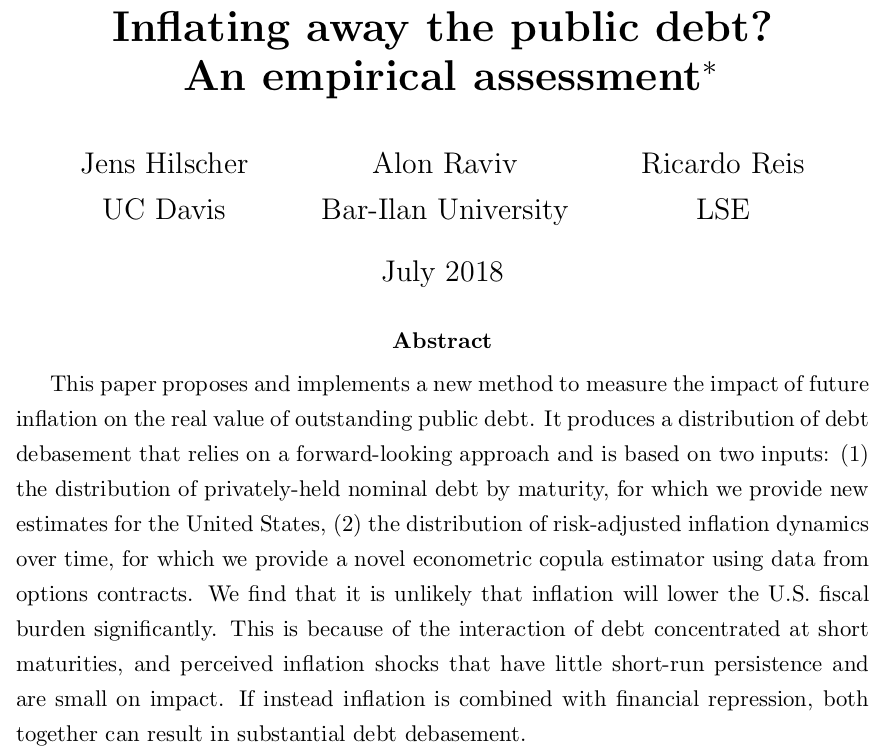
No.
It might. Or not. It depends on the monetary and fiscal policy that will follow
[12/12]


